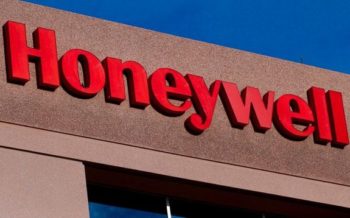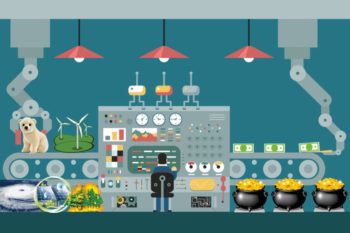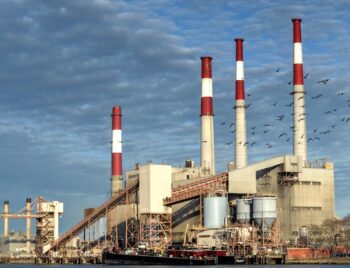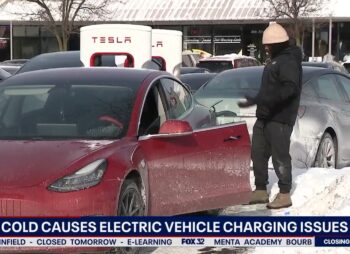
Why? A global agreement on HFCs is good for business.
About 150 countries agreed to cut HFCs from household appliances under the Montreal Protocol, which the U.N. said would cut 0.5 degrees Celsius off projected global warming. The deal was backed by environmentalists and the U.S. chemical industry, reports The New York Times.
“A fast phase-out comes with big wins for the United States, since many of the replacement chemicals are manufactured by American chemical companies like Dow and Honeywell,” NYT reported. “But those manufacturers concede that their products are more expensive than HFCs.”
Big U.S.-based chemical companies, like Dow Chemical and Honeywell, are already investing hundreds of millions of dollars in HFC alternatives that won’t contribute to global warming, sparking worries from China and India that their domestic manufacturers would be put out of business.
Honeywell, for example, invested $900 million since 2000 developing alternative coolants for cars and household appliances. The company supports stricter regulations on HFCs, and signed onto the Obama administration’s plan to cut U.S. emissions in 2014.
















